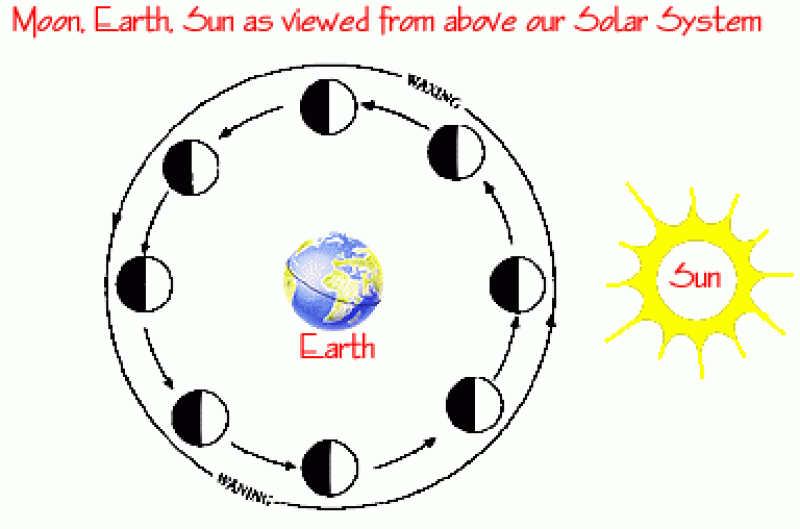This topic contains a solution. Click here to go to the answer
|
|
|
Did you know?
Fungal nail infections account for up to 30% of all skin infections. They affect 5% of the general population—mostly people over the age of 70.
Did you know?
Medications that are definitely not safe to take when breastfeeding include radioactive drugs, antimetabolites, some cancer (chemotherapy) agents, bromocriptine, ergotamine, methotrexate, and cyclosporine.
Did you know?
There are more bacteria in your mouth than there are people in the world.
Did you know?
Your heart beats over 36 million times a year.
Did you know?
Approximately 500,000 babies are born each year in the United States to teenage mothers.







